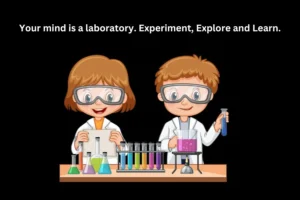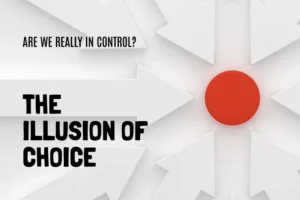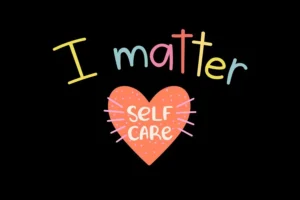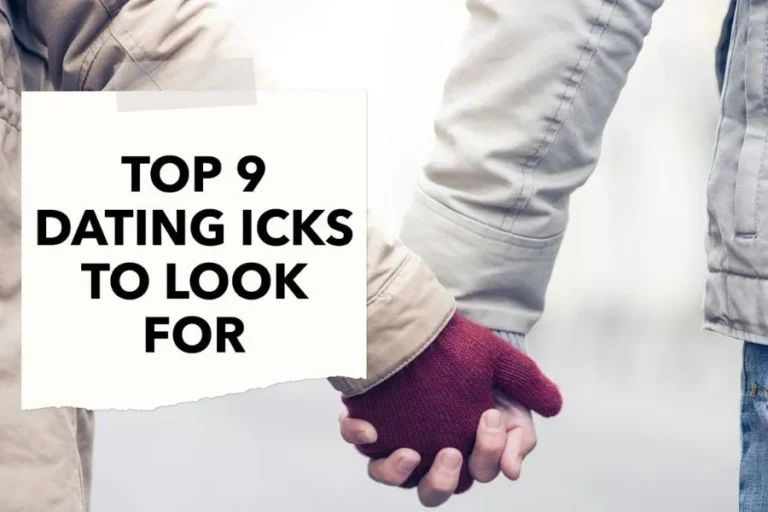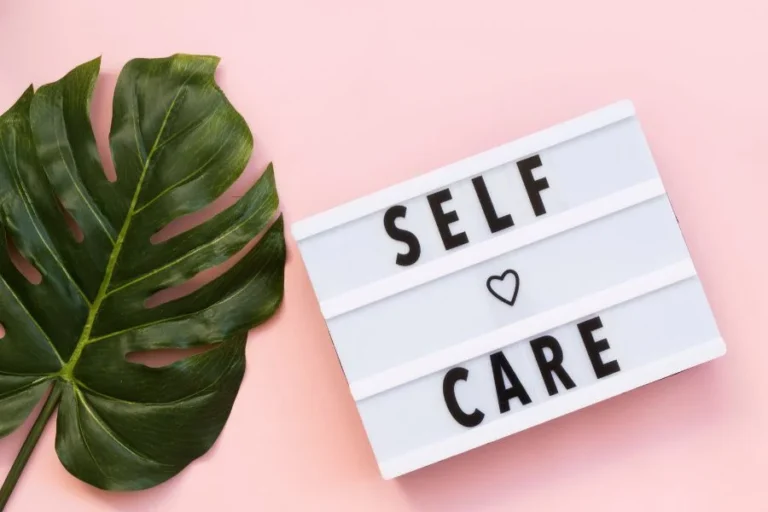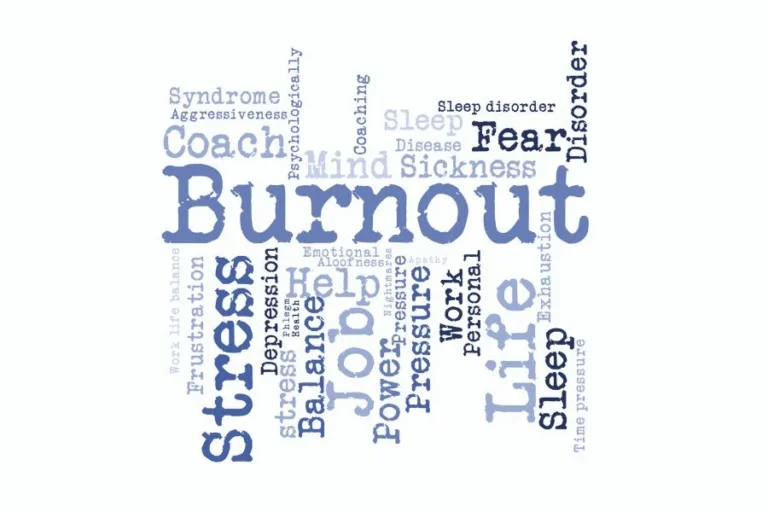Do you find yourself questioning whether your current friendship has transformed into something more? Just like physical affairs, emotional affairs can also be hurtful, and learning about the 7 stages of emotional affairs may be helpful.
It is in this article that you will be able to learn how close friendships turn into emotional attachments, the symptoms to expect, and ways to correct and avoid such occurrences in the future. In the end, you will be in a position to recognize these steps and how you’ll protect your relationship. Relax; we are here to provide you with some practical tips and pieces of advice on how to keep the relationship intact and healthy.
Table of Contents
Emotional Affair Meaning
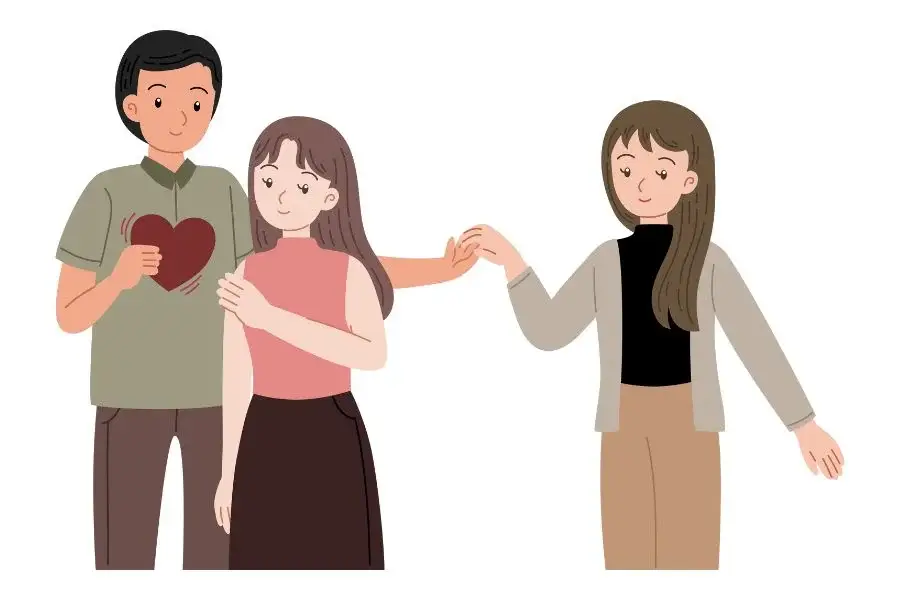
An emotional affair is defined as having an intimate bond with another person who is not your partner. It is marked by constant contact with one another and being emotionally needy. In contrast with physical relations, there is no sex.
One thing that surprises many people about emotional affairs is that they are generally viewed as harmless friendships. In fact, they can erode the basis of trust and closeness in a primary relationship.
How do Most Emotional Affairs Start?
Many emotional affairs usually start on a friendly note. It can begin with a casual conversation or even mutual interests such as personal activities or business engagements. As the relationship evolves, it becomes stronger. You disclose personal information which you wouldn’t ordinarily discuss with your partner.
It is gradual and often challenging to diagnose at an early stage. The distinction between friendship and emotional infidelity becomes a little blurred as the bond deepens.
Percentage of Emotional Affairs That Turn Physical
Numerous studies show that a large number of these emotional affairs are likely to lead to physical infidelity, ranging from 50% to 70%. Emotional affairs are an outgrowth of emotional distress and lack of communication in a marriage or a committed relationship and may progress to physical intimacy.
Emotional Cheating Examples

Secretive Texting
Late at night, Sarah starts texting her colleague, telling intimate stories, and even flirting with him behind her partners back.
Emotional Confiding and Deep Sharing
John talks about marital problems with a friend rather than with a wife because he understands that he is closer to this friend than to a wife and needs his support.
Fantasizing About a Friend
Emily desires a friend and begins to imagine a soul connection, devoting more time and emotional energy to the friendship than her partner.
Signs of an Emotional Affair
Signs You are Having an Emotional Affair
1. Increased Secrecy
You begin to conceal what you write or even erase messages so that no one else will know that the two of you are seeing each other. This behavior suggests to me that you are attempting to hide your communication.
2. Emotional Distance From Your Partner
It makes you feel more connected with the other person, thereby disconnecting you from your partner. This can make your partner feel unimportant and left out of your life and leads to relationship damage and emotional distance.
3. Frequent Thoughts About The Other Person
They take up your thoughts, even when you are with your partner. This preoccupation indicates a new direction for your feelings.
4. Less Intimacy With Your Partner
Emotional dependency on the other individual also leads to reduced physical and emotional intimacy in a romantic relationship. The intimacy and bonding within your relationship begin to disintegrate.
5. Defensiveness About The Relationship
You become offended when someone asks you about the other person or your relationship with the person. Such defensiveness may show that the person feels guilt and shame or wants to safeguard the new relationship.
How to Tell if Your Partner is Emotionally Cheating?

1. Changes in Behavior
They start to change their behavior. For instance, they may become secretive or withdraw from the family. Many of these changes can be small, but they indicate a difference in how they feel about themselves.
2. Protective of Privacy
It might involve increased security when using a phone or a computer, concealing messages and contacts. This is the kind of privacy that could be an indication of emotional infidelity.
3. Decreased Communication
They become less friendly and secretive about topics, which makes you feel left out. The absence of communication results in a lack of emotional intimacy.
4. Less Time With You
Thus, they dedicate less time to each other, staying away from home or glued to their phones instead. Spending less quality time with your partner can cause stress in the relationship and relationship damage.
5. Increased Irritability
They appear to have short tempers and little patience with you, thus exhibiting symptoms of irritation. This might be due to intra-psychic conflicts or guilt feelings.
6. Frequent Mentions of The Other Person
They discuss the other person frequently and positively suggest that he or she occupies an important position in the other person’s life. This constant mention of a person can be interpreted as having a special affection more than just being friends.
Related reading: 14 Signs He’s Obsessed with You in a Good Way – True Love!
The 7 Stages of Emotional Affairs
7 Stages of Emotional Affairs are discussed below:
Stage 1: Innocent Friendship

Generally, an emotional affair may be initiated through friendship. It seems more like a nice and innocent friendship. Indications include constant contact and having things in common. These are familiar and pleasurable interactions.
For instance, friends may become more talkative than usual at the workplace. They tell each other about their experiences and crack jokes. They may find themselves eagerly awaiting the interactions. This excitement signifies the start of further emotional connection. Slowly, such topics turn into valid discussions. They begin to disclose personal information and feelings.
Stage 2: Crossing The Line
It is important to understand and perceive emotional boundaries. Changes in behavior suggest a violation of boundaries. They make the conversation more personal and intimate. Emotional energy begins to be directed more toward the outside and not solely at the primary partner.
For instance, they might begin sending each other messages late at night. These messages are more emotionally charged. They confide in each other and discuss their dreams. This strengthens their bond. They may also start to conceal such interactions. Covert elements mean that the friendship is turning into emotional intimacy.
Stage 3: Cribbing (Complaining)
Complaining about the current partner becomes normal. Venting is like looking for comfort. Sharing complaints with a friend becomes a routine. It gives the feeling of closeness and empathy.
For instance, one might always complain about their partner’s behavior and actions. A friend is compassionate and gives counsel. They feel that the friend understands them. This bond helps to deepen it. They may begin to compare their friend with their partner. The friend looks like the more tolerant and accepting party most of the time.
Stage 4: Fixation
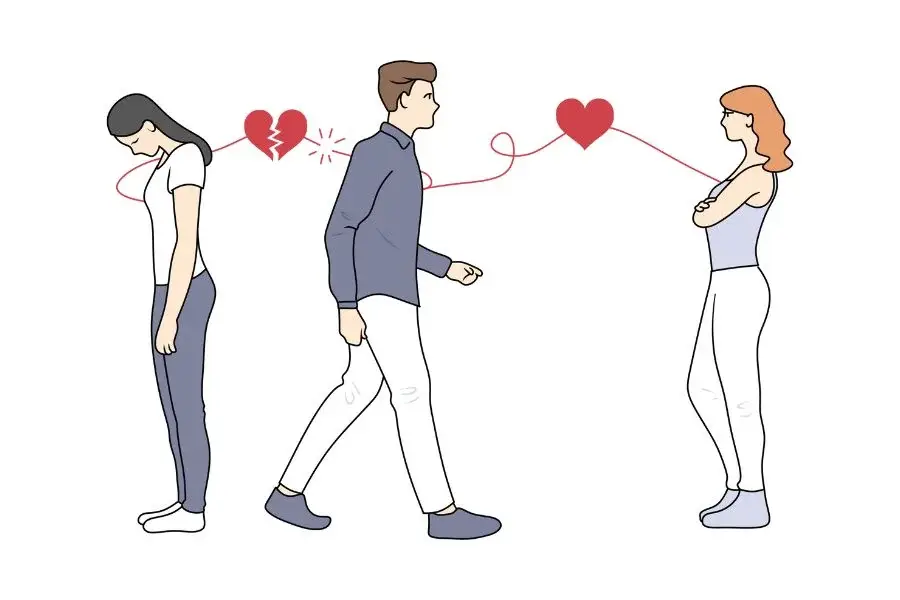
Obsession with the other individual deepens, and there is a preoccupation with specific thoughts. Instead, the emotional affair becomes a priority, and the primary relationship begins to take a backstage.
For example, they are eager to see or talk to a friend. Those interactions make up their day. They may need to attend to some of their duties in order to be with their friends. Consequently, the primary relationship is negatively impacted. They cannot stop thinking about their friends. Gradually, their emotional universe becomes centered on this individual.
Related reading: Signs That He Is Obsessed with You: 15 Red Flags
Stage 5: Emotional Dependency
Dependence on the other person to fulfill emotional needs increases. As emotional dependency grows, the bond becomes stronger. Failure to uphold the primary relationship follows. All forms of emotional support are transferred to the new person.
For instance, they look for consolation and approval from their friends. The primary partner begins to feel neglected. They might refrain from talking about issues with their partner. The friend’s opinion becomes more relevant. They rely on this friend for happiness and emotional satisfaction, deepening the emotional affair even more.
Stage 6: Decision-Making Together
Concrete life choices include the other person. They affect strategic decisions and operations. The primary partner is not involved in these decisions. This leads to a split in the initial relationship dynamic.
For instance, they might seek advice from a friend on matters related to careers. The partner does not get a clue about these discussions. They may organize events that the friend would be interested in. The primary partner feels neglected. They begin to value the friend’s opinion as essential, which is detrimental to the development of the primary relationship.
Stage 7: Separation

Emotional disengagement from the primary partner starts. Physical infidelity may become a possibility. This emotional affair results in physical alienation between the two involved partners.
For instance, they may begin to withdraw from physical affection with their spouse. The interaction with the friend is more profound and satisfying. They might think about having a future with their friends, which further isolates them from their partner. They may turn to their friends for comfort, which usually results in complete physical and emotional distance.
Related reading: 20 Signs He Doesn’t Want You Sexually: What to Do Next?
Why Emotional Affairs Happen
What is The Psychology Behind Emotional Affairs?
- Emotional affairs are usually a result of a lack of emotional fulfillment in a marriage or a relationship. People go there in search of attention and affection they do not find at home.
- What makes an emotional affair fascinating is that it offers people an opportunity to escape the ordinary. They seek the thrill that they do not get with their partner.
- On the same note, emotional affairs are also capable of meeting a person’s intimacy needs. Such relationships may develop from friendly contacts but grow as the emotions involved become more profound.
Common Scenarios and Environments
- Emotional affairs are often likely to occur at places of work. Warm and high levels of similarity create intimacy.
- Online platforms also provide anonymity and convenience, making it easy to build romantic relationships without physical contact.
- Other triggers can also be social circles. Frequent interactions and similar interests offer a sufficient chance of attaining an emotional bond.
Related Reading: 8 Quick Intimacy Exercises to Save Your Love Life
Impact of Emotional Affairs
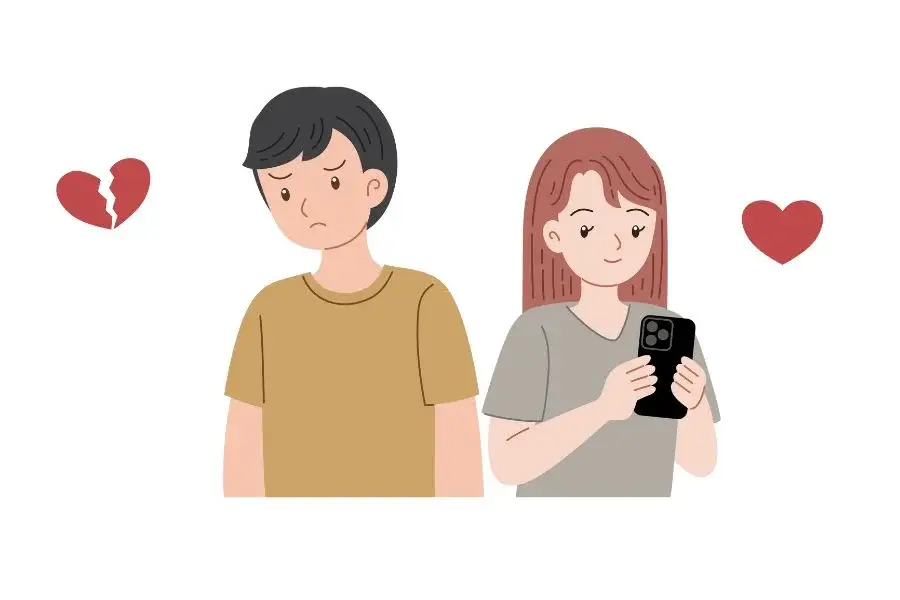
Impact on The Primary Relationship
- Emotional affairs cause a form of betrayal in the primary relationship. It touches on how partners end up feeling neglected and betrayed.
- This betrayal contributes to more strife and disconnection. The relationship between partners deteriorates, thus making it hard for the couple to come back together.
Emotional and Psychological Consequences
- Emotional affairs cause guilt, shame and confusion for everyone involved. They experience the dilemma of being loyal to their partner while also being involved in an affair.
- The issue of secrecy brings pressure and stress. This emotional burden affects not only the patient but also his/her partner.
Long-Term Implications
- Emotional affairs can have long-term effects. They might lead to the termination of the primary relationship.
- The process of rebuilding trust takes a lot of time and is very frustrating. Such an affair leaves deep emotional wounds that may take years to heal.
Related Reading: My Wife Never Initiates Intimacy: 7 Solutions That Work
How to Recover From an Emotional Affair
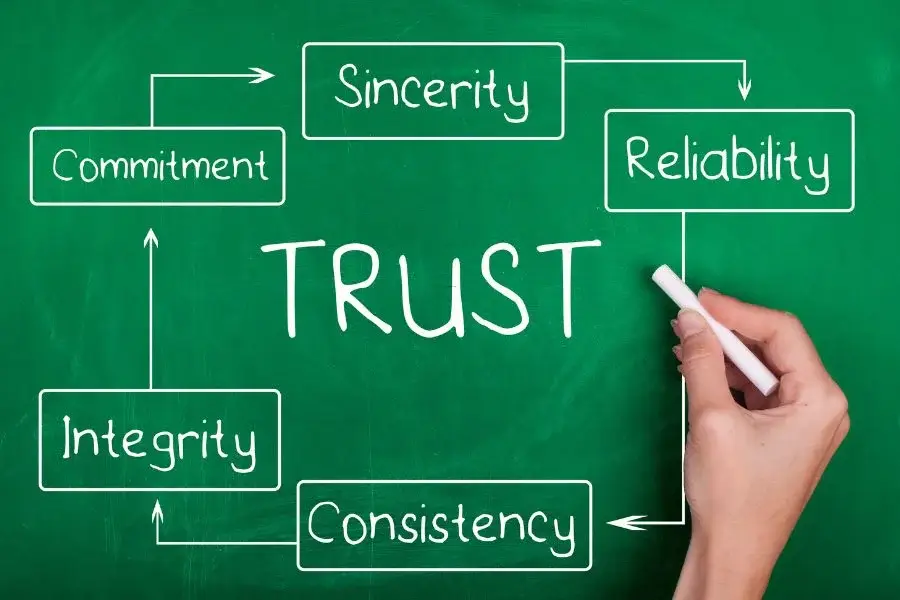
Acknowledgment and Acceptance
- To understand how to recognize an emotional affair, it is essential to establish the level of emotional connection that has been nurtured outside the primary relationship. This involves agreeing to the consequences for both partners.
- Thus, accepting responsibility entails acknowledging one’s actions or decisions and their outcomes. It involves understanding and acknowledging the ways in which the emotional affair has impacted the primary relationship and agreeing to change for the better.
Open Communication
- Sharing emotions with the primary partner is essential for the recovery process. It means staying genuine in expressing feelings and allowing the partner’s viewpoint to be heard without criticism.
- Open communication restores trust by working on the issues that caused the emotional affair. It comprises risk disclosure and considering how to enhance the emotional bond.
Rebuilding Trust
- The actions required to rebuild trust include consistent behaviors that show the opposite of betrayal. They encompass willingly waiting for the trust to be rebuilt, practicing respect for individual space, and committing to agreements.
- The significance of consistency and patience cannot be overemphasized. They entail being trustworthy and dependable in performing actions that may help mend and rebuild the relationship.
Related Reading: Intimacy Pyramid: How to Build Un-breakable Relationships
Seeking Professional Help
- Therapy and counseling have advantages. They help people better understand relationship patterns, learn to express themselves, and deal with feelings appropriately.
- Choosing a therapist depends on factors such as their specialization on relationship issues, the kind of therapy they use, and the environment they create in the therapy session.
Strengthening The Primary Relationship
- In this regard, emotional connection refers to the process of rekindling mutual interests, fostering intimacy, and better understanding oneself and others’ emotional needs.
- Quality time means planning regular activities that foster togetherness, such as having regular dinner dates, engaging in activities you both enjoy and talking with each other without interruption.
Preventing Future Emotional Affairs
Setting Boundaries
- Set specific guidelines for dealing with people.
- Define specific behaviors that enhance trust and commitment.
- Revisit them from time to time and modify them when necessary.
Enhancing Communication Skills
- Be a good listener and always acknowledge each other’s emotions and sentiments.
- Develop ways to manage anger and stress, as well as have healthy ways of resolving conflicts.
- Get back to concerns as soon as possible to avoid confusion.
Maintaining a Healthy Relationship
- Always evaluate and enhance the perceived relationship quality.
- Learn to accommodate each other’s needs and situations in life.
- Build respect, trust, and appreciation towards one another.
Conclusion
Knowledge of the ‘7 stages of emotional affairs’ is valuable to understanding the process, effects, and healing from such affairs. Emotional affairs are sexual and romantic relationships that develop from seemingly harmless friendships and may develop into highly charged growths that emotionally enmesh the involved parties and detach them from their original partners.
Awareness of the signs and patterns is essential when it comes to preventing and dealing with emotional affairs before getting out of hand. These stages—from playful messaging to possible physical cheating—remind us that boundaries and honest conversations are crucial within the partnerships.
Recovery means an apology, talking about it, and recreating trust by going to marriage counseling and focusing on the primary relationship. Thus, setting boundaries and improving communication helps avoid future incidents of an emotional affair and deepens the emotional connection between couples.
Pro-Tip from Basics of Psychology
Being mindful of one’s own and the partner’s emotional love tank deficits can go a long way toward preventing an emotional affair. When people learn how to maintain an emotional connection and be honest with each other, they build better relationships.




